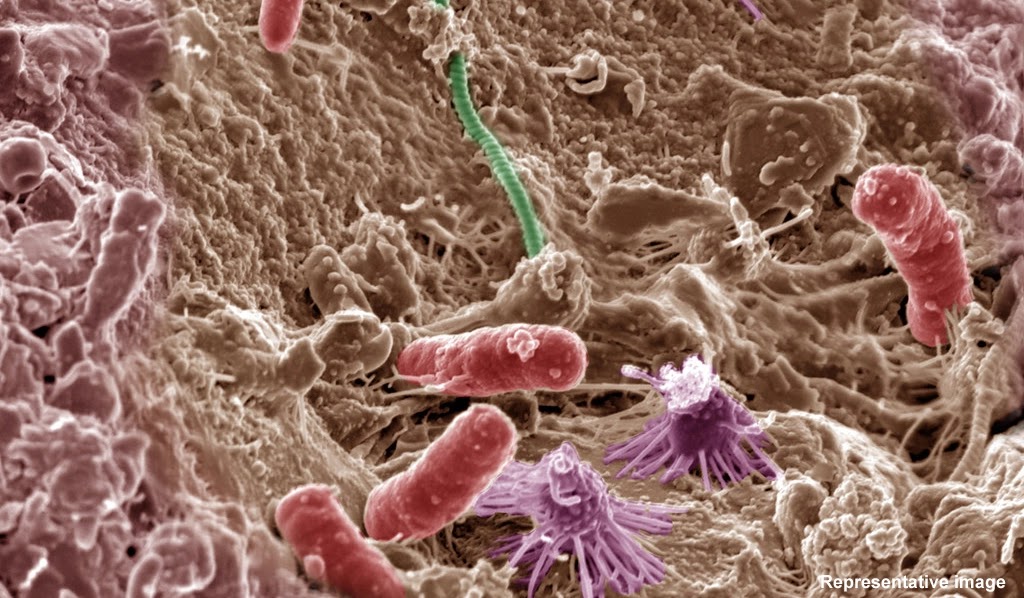
Scientists Have Discovered A New Type Of Microbe Able To Recycle Carbon Without Producing Methane
Researchers have discovered a new class of microbes that digest dead plant material without releasing methane, a potent greenhouse gas.
Previously, scientists assumed that all plant-eating archaea produced methane, but the new class can degrade organic matter without producing methane.
This research's findings were recently published in the journal Nature Communications by a team of scientists from the United States and China. The new phylum of microbes is named Brockarchaeota after Thomas D. Brock, a pioneering microbiologist. He discovered microbes and organisms that live in extreme environments such as Yellowstone National Park's hot springs.
Brock died on April 4th, sadly. His research resulted in PCR development, a powerful biotech tool used in gene sequencing and COVID-19 tests, among other things.
The Brockarchaeota are part of the archaea, a larger, poorly studied group of microbes. Until now, scientists believed that the only archaea involved in the breakdown of methylated compounds – decaying plants, phytoplankton, and other organic matter – were those that also produced the greenhouse gas methane.
This previously unknown group of archaea lives in the Earth's hot springs and hydrothermal vents. And, unlike similar tiny, single-celled organisms that live deep in sediments and feed on decaying plant matter and these microbes appear to play an essential role in the global carbon cycle by assisting in the breakdown of decaying plants without producing the greenhouse gas methane.
For many years, archaea were thought to exist only in the most extreme environments on Earth, such as hot springs. However, archaea are found everywhere.
Scientists believe the discovery could be crucial in the fight against global warming. The microbes use a previously unknown type of metabolism that has not been observed in the study of simpler forms. They may also play an essential role in the global carbon cycle.
So far, Brockarchaeota has not been successfully grown in a lab or imaged under a microscope. Instead, they were identified by reconstructing their genomes from genetic material found in samples collected from hot springs in China and hydrothermal sediments in the Gulf of California.
Machine learning algorithms assisted scientists in analyzing the novel genomes of the microbes and identifying genetic sequences responsible for how the microbes capture nutrients, produce energy, and generate waste.
"Microorganisms are the most diverse and abundant form of life on the planet, and we only know about 1% of them," says Valerie De Anda, an environmental microbiologist at the University of Texas at Austin. "Our data is skewed toward organisms that have an impact on humans. But there are many organisms that drive the major chemical cycles on Earth that we don't know about."
These newly described microbes have other metabolic pathways besides breaking down organic matter, and De Anda speculates that these may someday be useful in applications ranging from biotechnology to agriculture to biofuels.

0 Response to "Scientists Have Discovered A New Type Of Microbe Able To Recycle Carbon Without Producing Methane"
Post a Comment